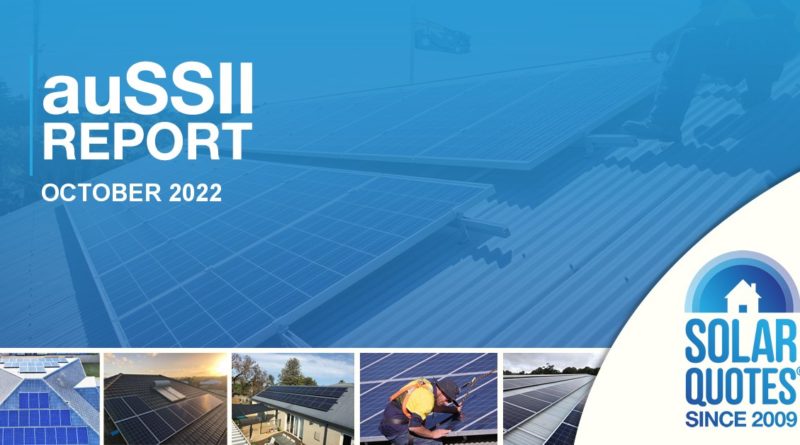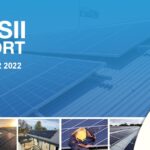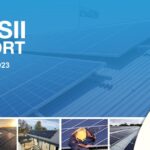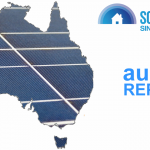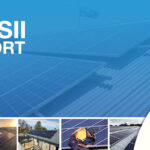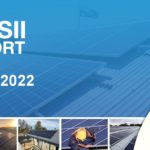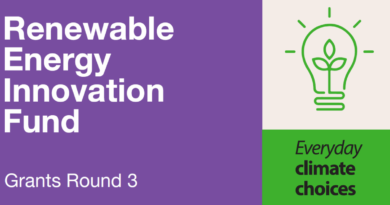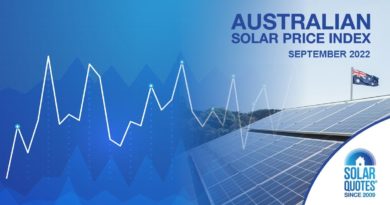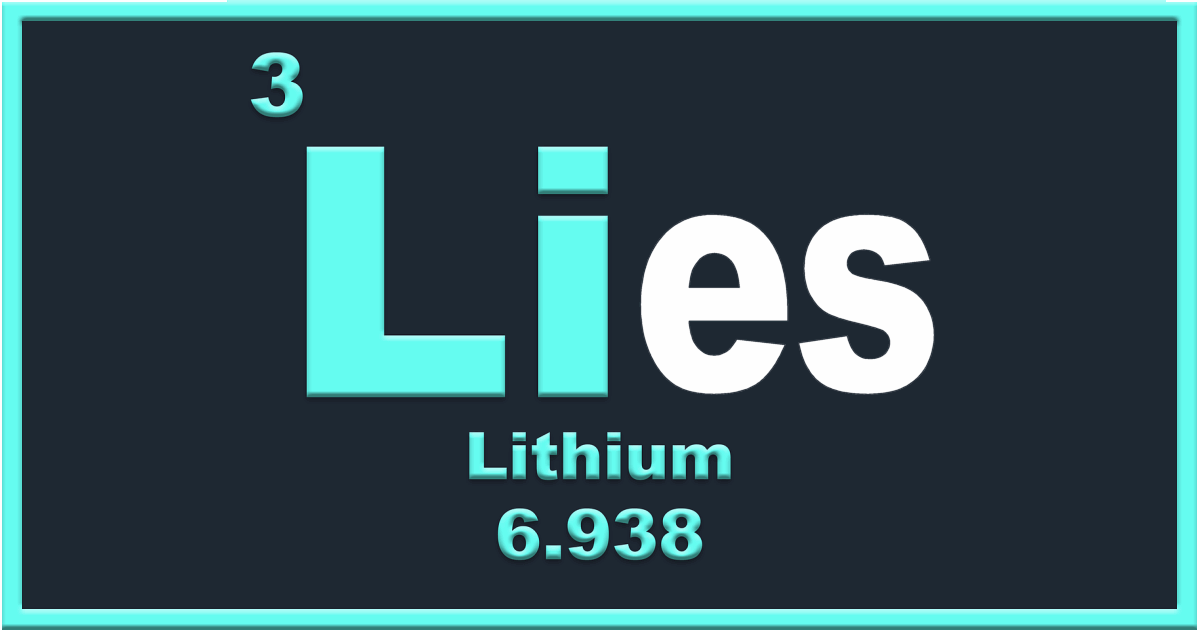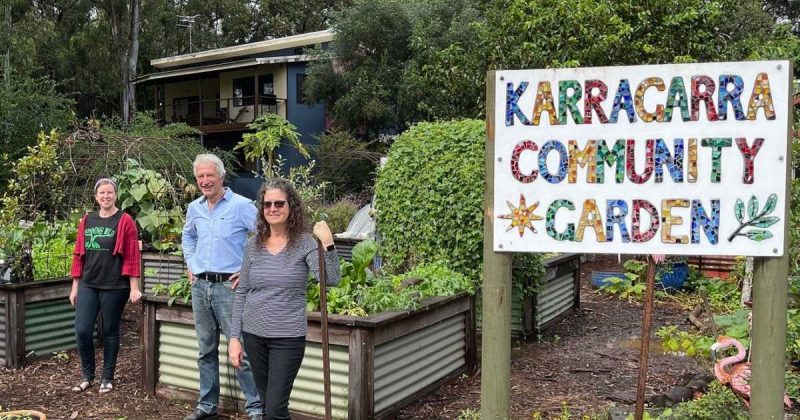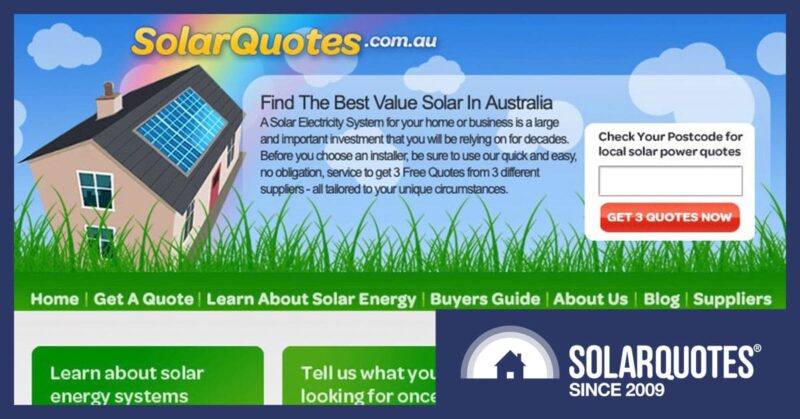October 2022 Australian Solar Systems Interest Index
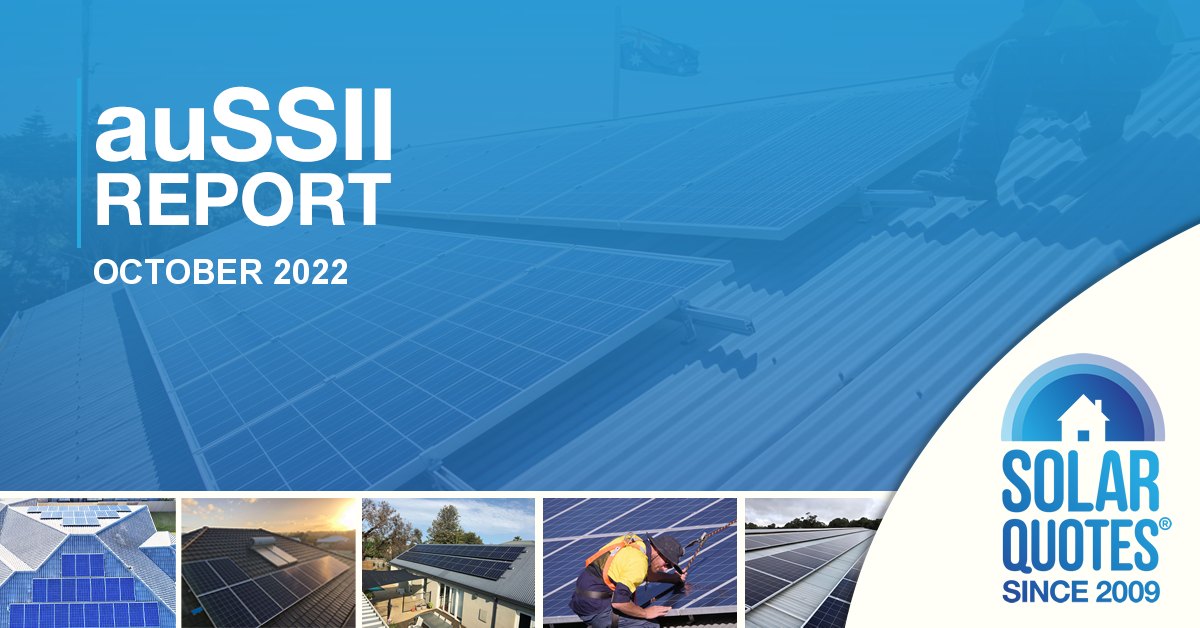
A higher proportion of Australian solar shoppers wanted to fill their rooftops with solar panels in September. Find out what else they were looking for in a power bill busting PV system in the latest SQ auSSII report.
How Big A System Were Australians Wanting?
Where capacity options of 3-5 kW, 5-10 kW, 10-15 kW, 15-20 kW, 20+ kW and “Fill Roof” were presented and a size selected, close to 75% of Australians using the SQ quoting service in September chose 5 – 10kW; down a little on both July and August. But there was significant increase in interest for the “Fill Roof” option – 15% vs. approximately 12% in July and August. Interest in 3 – 5kW was very low at less than 2%.
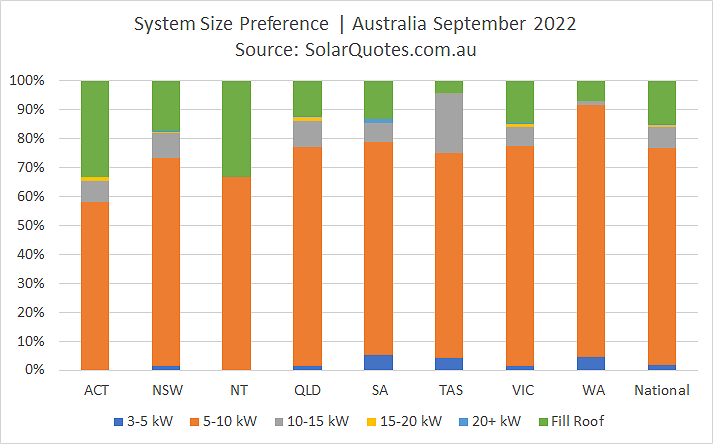
Read SolarQuotes Founder Finn’s advice on solar power system sizing.
When Were They Planning On Buying A System?
Interest in buying a system immediately was slightly elevated in September at a whisker over 23% compared to 22% in July and August. An intended purchase within 4 weeks was also up at close to 32% compared to 31% in August and 30% in July.
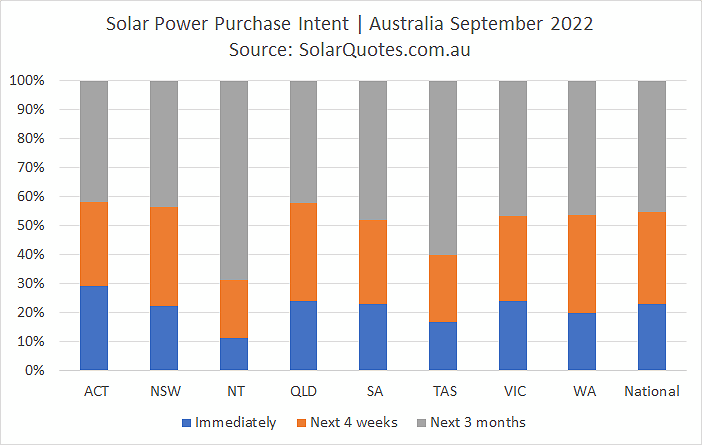
With potentially more electricity price rises on the cards for many Australians and a definite solar rebate reduction on the horizon; eagerness for fast installation could pick up again this and next month.
Quality Vs. Price
Not much changed here, with just under 12% of prospective buyers wanting a high-end system and 81% interested in a system offering a good balance of price and quality; with the remainder after a good budget system.
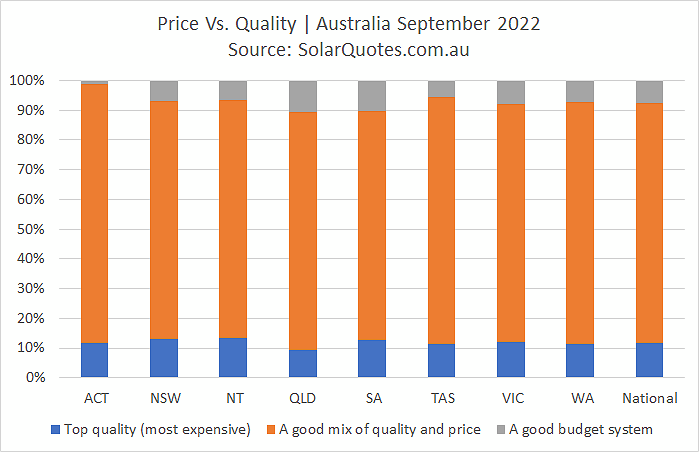
So, what type of costs are involved with systems ranging from budget to top-of-the-line? Find out on our solar panel costs page. If you want to see how much Australians are paying currently and historically on average for all types of systems, check out SQ’s September Solar Price Report or the tool on which the report was based on – the SolarQuotes Solar Price Index.
Buying With Cash Or Finance?
It can be challenging to find the up-front cash required for a system purchase and many Australians have turned to finance. In September, 41% were cash buyers, 9% wanted a monthly payment arrangement and the remainder asked to look over options for both.
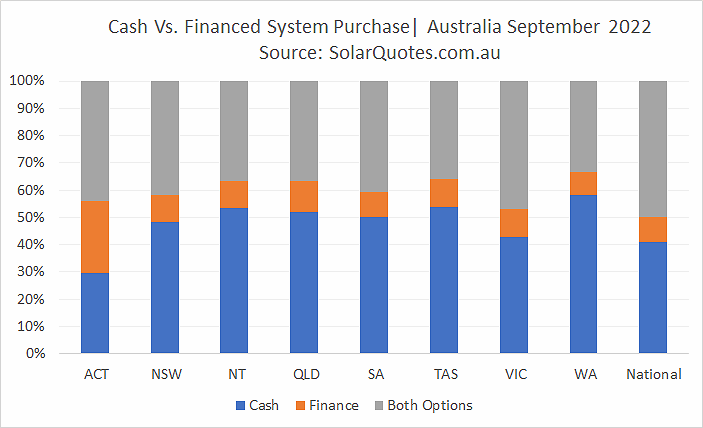
While financing a solar power system installation is a pretty easy thing to do and a properly sized system can save you more money every month than it costs in repayments; not all finance is equal. Learn more about financing a solar system purchase (and what to avoid).
Panel Level Optimisation Options
Panel Level Optimisation (PLO) or Module Level Power Electronics (MLPE) such as optimisers and microinverters usually involve an extra bit of kit attached to each solar panel or below it – although microinverters may be integrated into some panels at the factory. These devices not only offer panel level monitoring, but benefits also include increased design flexibility for complex rooftops that have multiple roof faces at different orientations.
Again last month, approximately 18% of quote requests expressed an interest in information on microinverter/optimiser options.
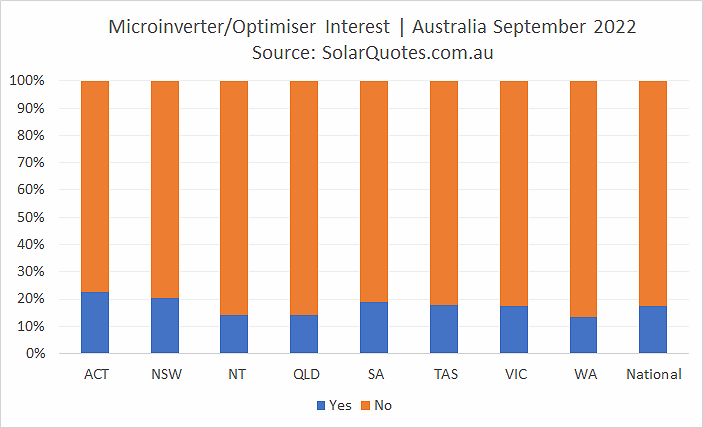
Advanced Solar Monitoring Interest
Advanced solar monitoring is an optional extra; but one well worth having.
While most solar inverters come with apps enabling you to keep tabs on solar energy output, what they won’t show you is how much of that electricity is being used by the home, how much is being sourced from the grid – and when. That’s where advanced solar monitoring (consumption monitoring) really shines. Armed with this information, you can better tweak your energy consumption habits.
Advanced monitoring usually costs a couple/few hundred dollars extra, but it’s money well spent and best spent at the point of installation while the installer is on site, rather than down the track when it will cost more.
As in August, nearly 36% of those using the SQ service were interested in consumption monitoring in September.
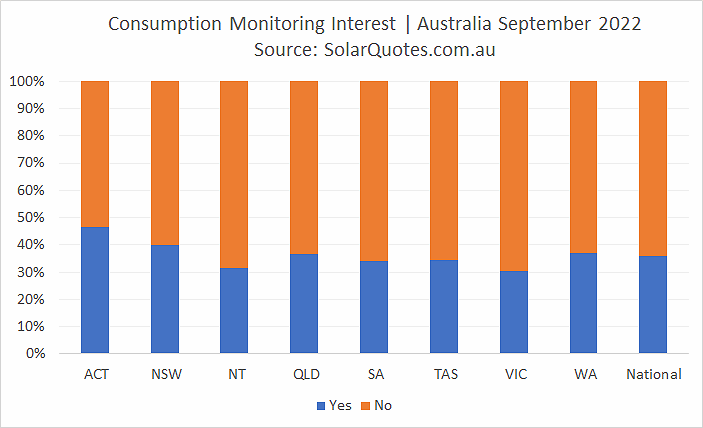
Battery-Ready Solar
AC or DC coupling enables batteries to be retrofitted to just about any solar power system. But it’s good for a solar company to understand future intentions for your system as that can help inform system design. Nothing much usually changes here, nor did it in September when just over 5% indicated a desire for a battery-ready system.
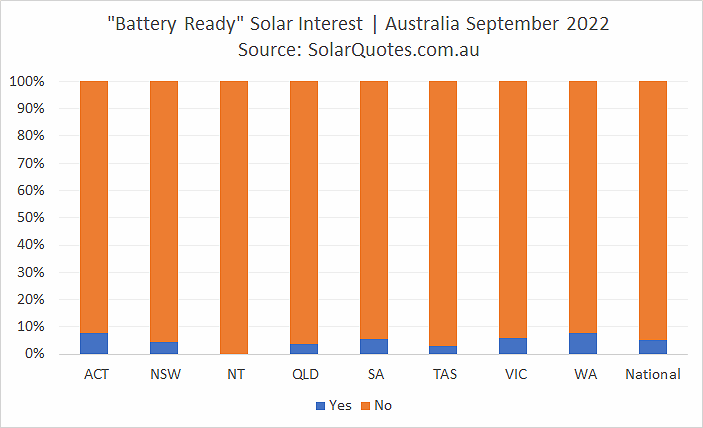
What Proportion Wanted Batteries With Their Solar?
Interest in having a home battery installed concurrently with solar panels was a touch over 20% in September; same as in August.
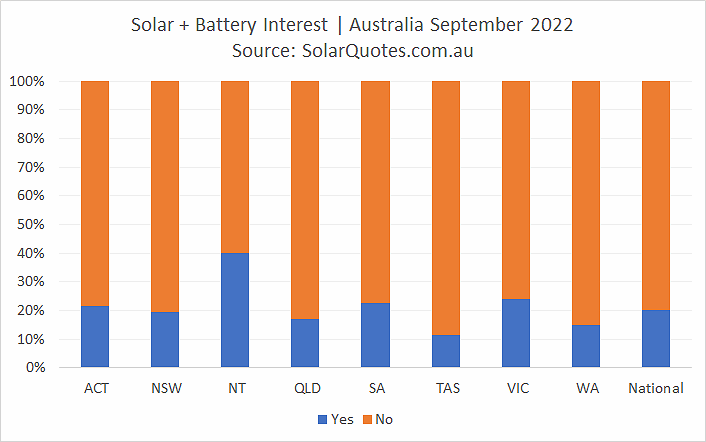
If you’re interested in home energy storage, be sure to read Finn’s “101” guides to understanding, buying and owning a solar battery to learn everything you need to know.
Intended Primary Battery Use
Where the intention was to have a home battery installed at the same time as solar panels; the main applications were:
- Backup: 5% (6.5% in August)
- Minimising grid electricity use: 37% (37.5% in August)
- Both purposes: 58% (56% in August)
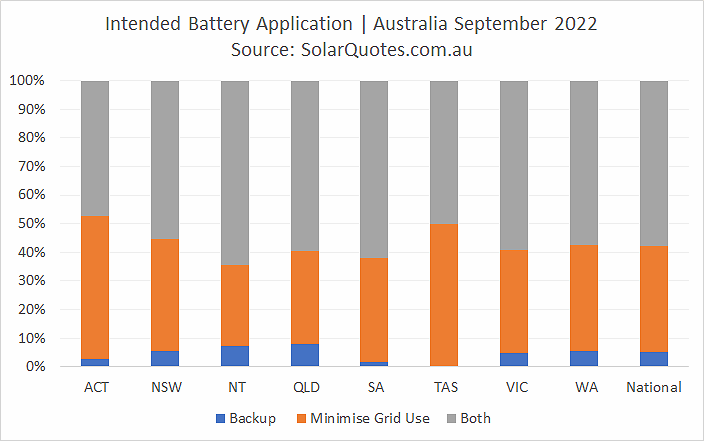
How Much Were Australians Paying For Power Pre-Panels?
Where electricity costs were known, close to 50% of Australians reported paying $500 to $1,000 a quarter on average for mains electricity in September; same as August. Just over 11% said they were paying more than $1,000 a quarter.
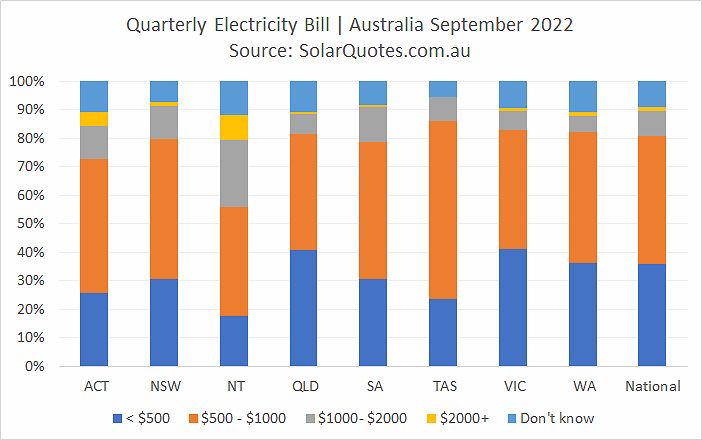
While electricity price rises for most Australians have created hip pocket pain, the good news is solar power can buffer against these and future price hikes; which at this point are looking likely.
About The auSSII
The auSSII report series is based on information supplied by the thousands of Australians each month who ask for quotes from installers SolarQuotes Founder Finn has personally pre-vetted and trusts.
Keen Solar Buyers Await!
If your solar business could benefit from high quality sales leads, discover what it takes to start receiving leads from eager Australian solar buyers via the SQ service.
Republishing auSSII Stuff
You’re welcome to use content from any of our auSSII reports on your own website, but please ensure SolarQuotes is attributed as the source – and link to the page the content you’re using is drawn from.
Original Source: https://www.solarquotes.com.au/blog/aussii-solar-oct22-mb2663/

